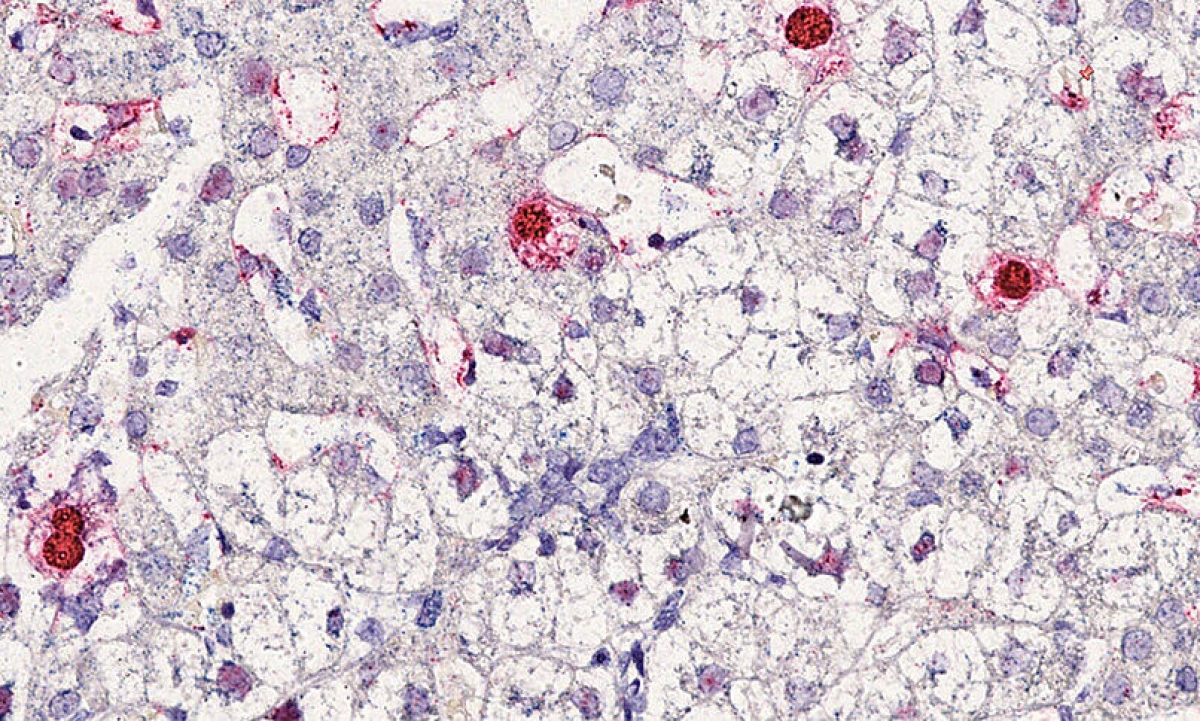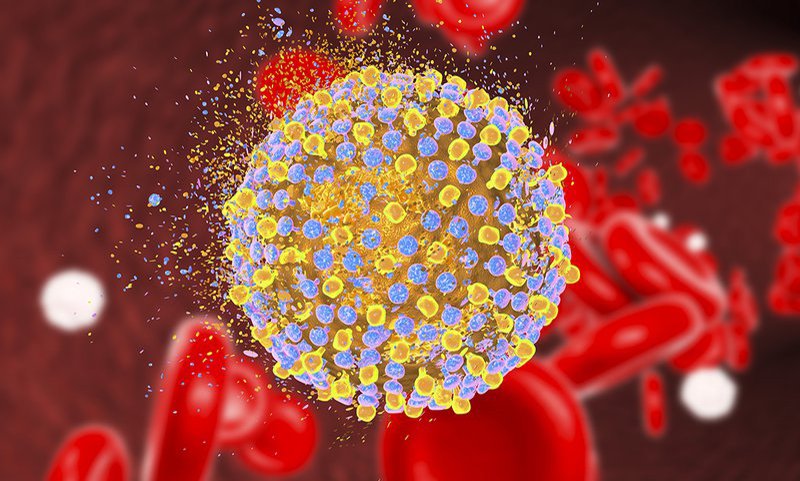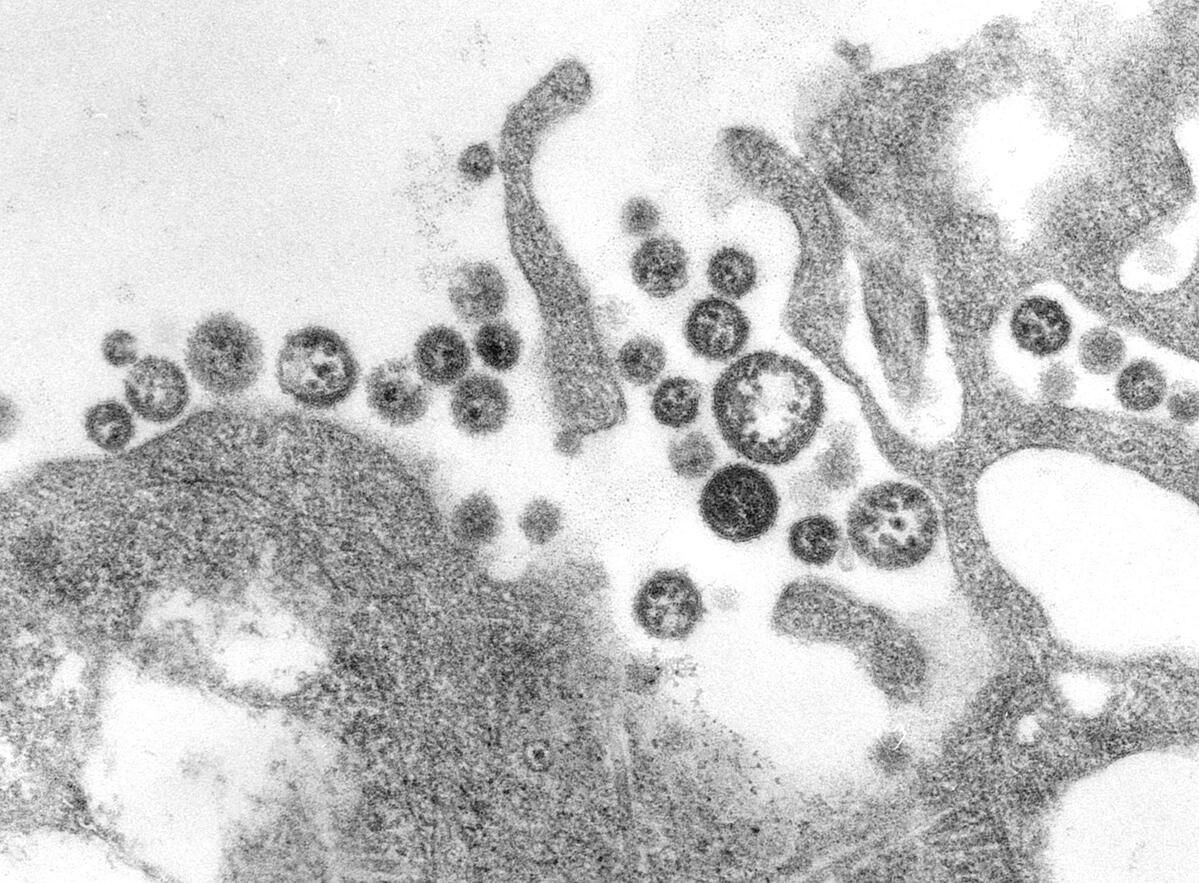New virus causing hepatitis in humans discovered
- Scientists discovered a new circulating virus, called circovirus 1 (HCirV-1), that causes hepatitis in humans.
The research was carried out by the Pasteur Institute, Necker-Enfants Malades Hospital, Paris Cite University and the Alfort National Veterinary School (France), and published in the Journal of Emerging Infectious Diseases.
Circoviruses are a family of small, highly resistant DNA viruses, first identified in 1974 in various animal species. They can cause respiratory, kidney, dermatological, and reproductive problems.

The virus is also associated with liver damage in patients on immunosuppressive therapy. Scientists found the virus replicated in 2% to 3% of infected liver cells. They show that HCirV-1 uses resources in liver cells to self-replicate and destroys cells in the process.
In the study, experts identified the virus in a European patient. This person had chronic hepatitis of unknown cause, few symptoms, had a heart-lung transplant 17 years ago and has been monitoring his health regularly since then.
"We have had access to a large number of patient samples for several years. The identification of this new virus was completely unexpected," said Marc Eloit, professor of virology, Head of the Pathogen Discovery Laboratory of the Pasteur Institute, study author, said.
Scientists began sequencing tissue samples from the 61-year-old female patient in March 2022 and analyzed and compared with the sequences of known bacteria and viruses. According to Professor Eloit, the goal is to identify specific sequences in the collected samples.

He and his colleagues analyzed thousands of RNAs using complex algorithms. After ruling out common causes, they identified a previously unknown virus and temporarily named it HCirV-1.
The diagnosis of hepatitis of unknown etiology remains a major challenge, as demonstrated by the reported cases of acute hepatitis in children. The World Health Organization (WHO) also warned about this barrier last year.
"We need to know the cause of hepatitis. Understanding whether the disease is caused by a virus or not is to have appropriate treatment and effective patient monitoring. The identification of new viruses that cause disease in humans and the development of tests Appropriate testing will provide new tools for the diagnosis and monitoring of patients with hepatitis," said Anne Jamet, professor in the Department of Clinical Microbiology at Necker-Enfants Malades Hospital.
Earlier types of circoviruses often caused disease in animals, there were vaccines to prevent. This is the first time that experts have detected circoviruses spreading in humans. The patient's symptoms are quite mild. After treatment with antiviral drugs, the patient's liver enzymes returned to normal.
* SOURCE: https://vov.vn/suc-khoe/phat-hien-virus-moi-gay-benh-viem-gan-o-nguoi-post1005418.vov









 Facebook
Facebook
 Tweet
Tweet
 Zalo
Zalo







 News
News

















 Sign in with Facebook
Sign in with Facebook
 Sign in with Google
Sign in with Google